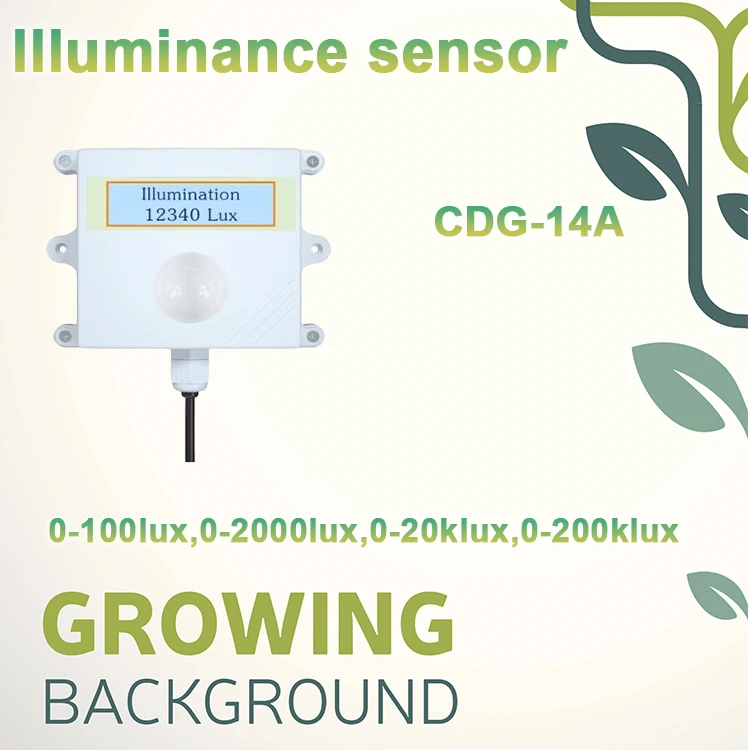Light Sensor: Definition and Functionality

# Light Sensor: Definition and Functionality
## What is a Light Sensor?
A light sensor is an electronic device that detects and measures the intensity of ambient light in its surroundings. These sensors convert light energy (photons) into electrical signals that can be interpreted by electronic circuits or microcontrollers. Light sensors are widely used in various applications, from simple automatic lighting systems to complex industrial automation processes.
## How Light Sensors Work
Light sensors operate based on the principle of photoelectric effect, where light energy is converted into electrical energy. The most common types include:
– Photoresistors (LDRs): Change resistance based on light intensity
– Photodiodes: Generate current when exposed to light
– Phototransistors: Amplify light-induced current
– Ambient light sensors: Measure visible light similar to human eye perception
## Key Functionality of Light Sensors
Light sensors serve several important functions in modern technology:
### 1. Automatic Brightness Adjustment
Many smartphones, tablets, and laptops use light sensors to automatically adjust screen brightness based on ambient light conditions, improving user experience while conserving battery life.
### 2. Energy Efficiency in Lighting Systems
Smart lighting systems incorporate light sensors to turn lights on/off or dim them according to natural light availability, significantly reducing energy consumption.
### 3. Security Applications
Light sensors are used in security systems to detect unexpected changes in lighting conditions, potentially indicating unauthorized access or movement.
### 4. Industrial Automation
In manufacturing environments, light sensors help in quality control, object detection, and process monitoring by detecting light reflections or interruptions.
## Types of Light Sensors
Different applications require different types of light sensors:
- Ambient Light Sensors: Measure overall light levels in an environment
- IR Sensors: Detect infrared light, often used in remote controls
- UV Sensors: Measure ultraviolet light intensity
- Color Sensors: Detect and differentiate between colors
## Advantages of Using Light Sensors
The implementation of light sensors offers numerous benefits:
- Energy savings through intelligent lighting control
- Improved user experience with automatic adjustments
- Enhanced safety in dark environments
- Increased efficiency in industrial processes
- Cost-effective solution for many automation needs
## Future Developments in Light Sensing Technology
As technology advances, light sensors are becoming more sophisticated with improved accuracy, smaller form factors, and lower power consumption. Emerging applications include advanced biometric systems, smart city infrastructure, and next-generation display technologies that respond more naturally to environmental lighting conditions.
Keyword: what is light sensor